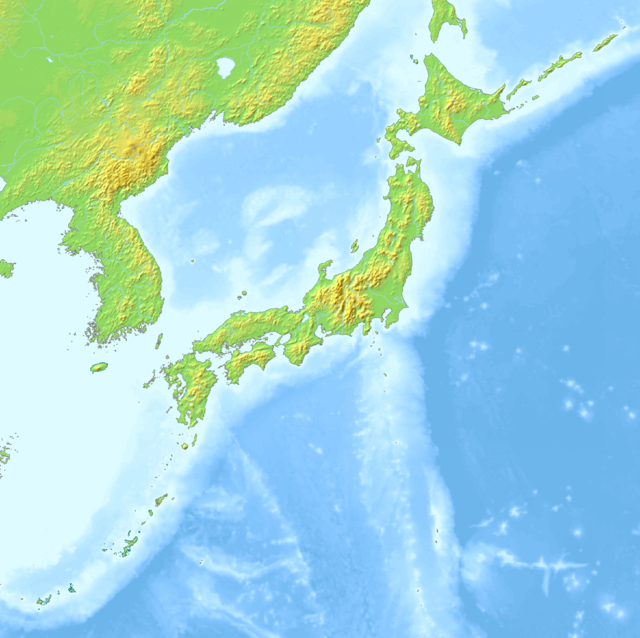North Korea attempts to shift power relations with increased missile testing

Topographic Map of Japan
Hailey Brown - North Korea has continued a record-breaking number of missile tests this year with a barrage of over 20 long and short range tests between Wednesday and Thursday. The tests were accompanied by the firing of 80 artillery rounds into the maritime buffer zone, just weeks after tensions rose as both the Koreas fired warning shots into the sea boundary area. The increasing rate of missile tests can be explained by North Korea’s relational power struggle within Asia and the U.S.
North Korea is attempting to increase its relational power with regard to the U.S. and its allies by increasing its military prowess through increased missile testing. North Korea lacks the material military power that the U.S. and its allies share, meaning it has less influence over other countries in the geopolitical playing field. The recent tests, some of which are practice for nuclear attacks, are in response to the United State’s joint military drills with both South Korea and Japan. The U.S. has long sought for denuclearization of North Korea, enacting sanctions against the country which have been met with a refusal to negotiate. North Korea responded to the joint military drills by threatening to use nuclear weapons, calling the drills a sign of a potential invasion. North Korea hopes the increase in military power will expand its influence and give it more sway in its conflicts with the U.S.

